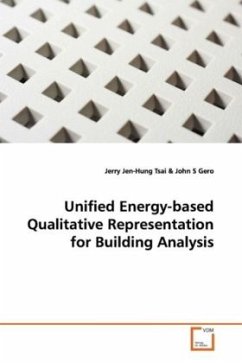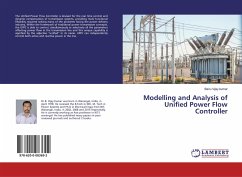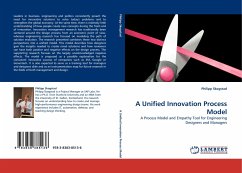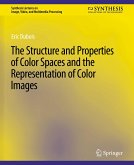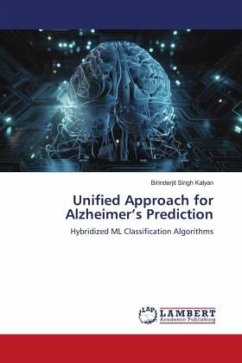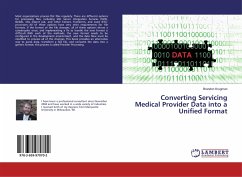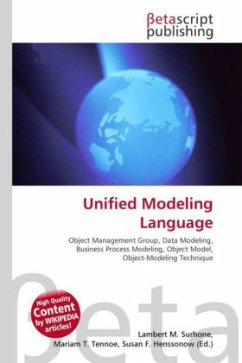Currently, when designers develop a building design
project, different
representations are used for different building
subsystems, such as
spatial system, electrical system, lighting system,
hydraulic system and
HVAC. These representations are mainly used in the
final design
documentation stage. This book presents a qualitative
approach to the
development of a unified energy-based representation
for building
analysis called qualitative Archi Bond Graphs
(QABGs). QABGs integrate
different representations in the architectural domain
into a unified
representation. They can be applied in the
conceptual, intermediate,
and final building design stages. Combining graphical
representations
and qualitative equations, QABGs are applicable for
building simulation
and analysis for building dynamics in the
space-people system and the
building energy systems, and for energy interactions
between the
space-people system and the building energy systems.
project, different
representations are used for different building
subsystems, such as
spatial system, electrical system, lighting system,
hydraulic system and
HVAC. These representations are mainly used in the
final design
documentation stage. This book presents a qualitative
approach to the
development of a unified energy-based representation
for building
analysis called qualitative Archi Bond Graphs
(QABGs). QABGs integrate
different representations in the architectural domain
into a unified
representation. They can be applied in the
conceptual, intermediate,
and final building design stages. Combining graphical
representations
and qualitative equations, QABGs are applicable for
building simulation
and analysis for building dynamics in the
space-people system and the
building energy systems, and for energy interactions
between the
space-people system and the building energy systems.

